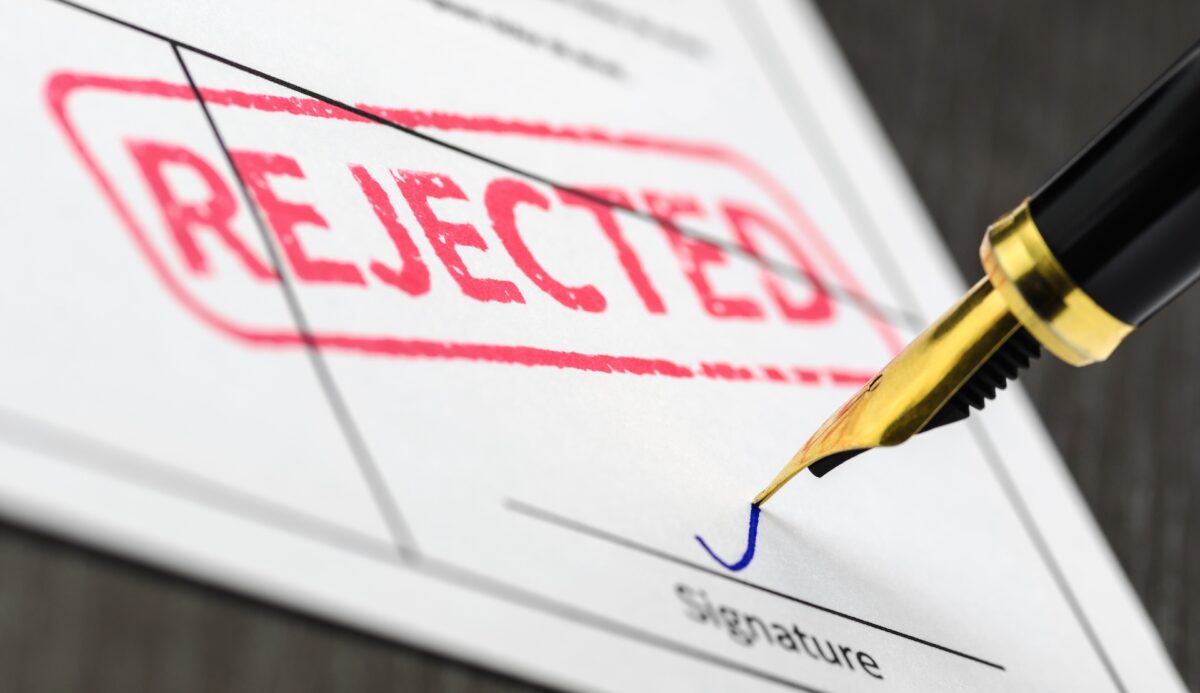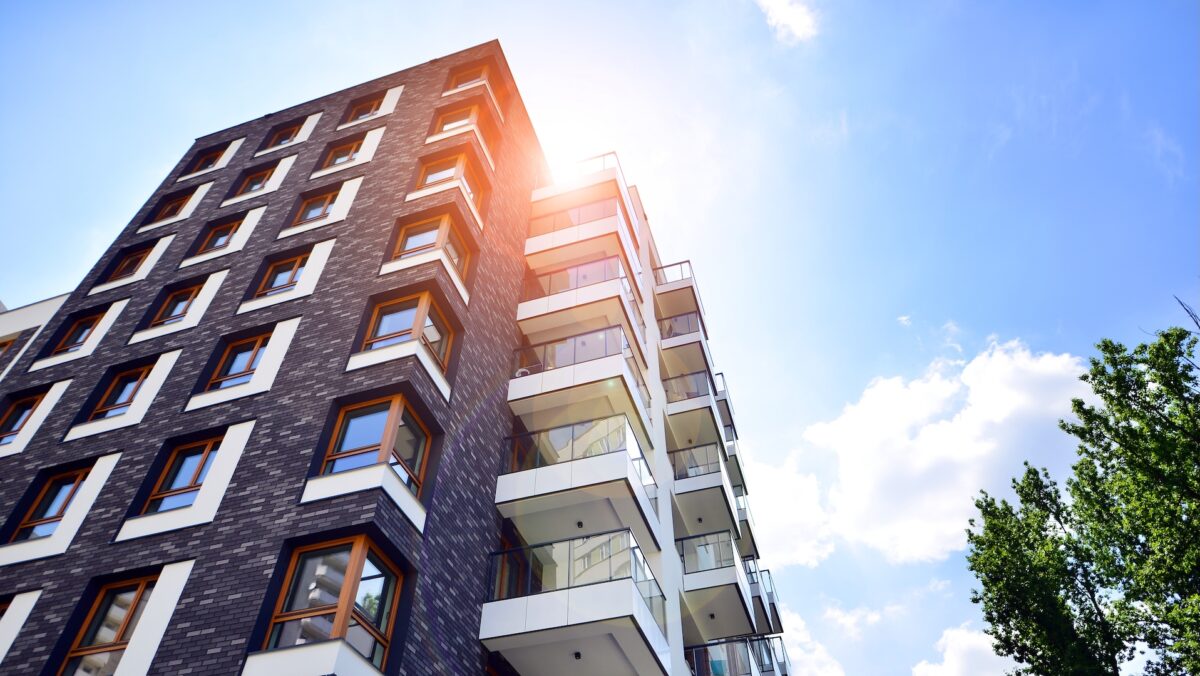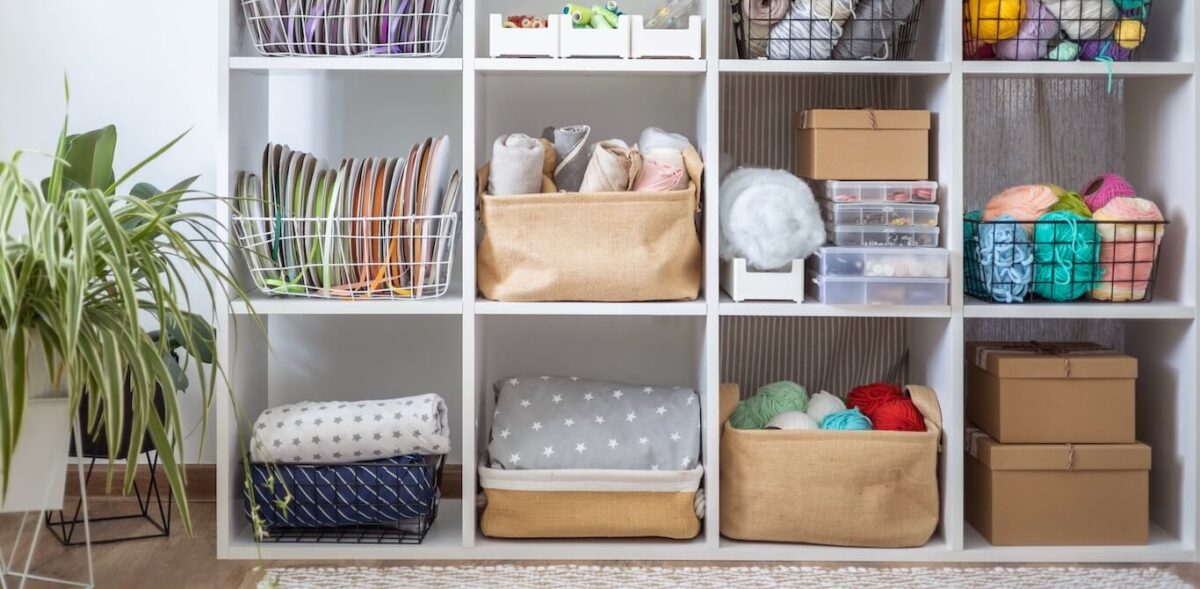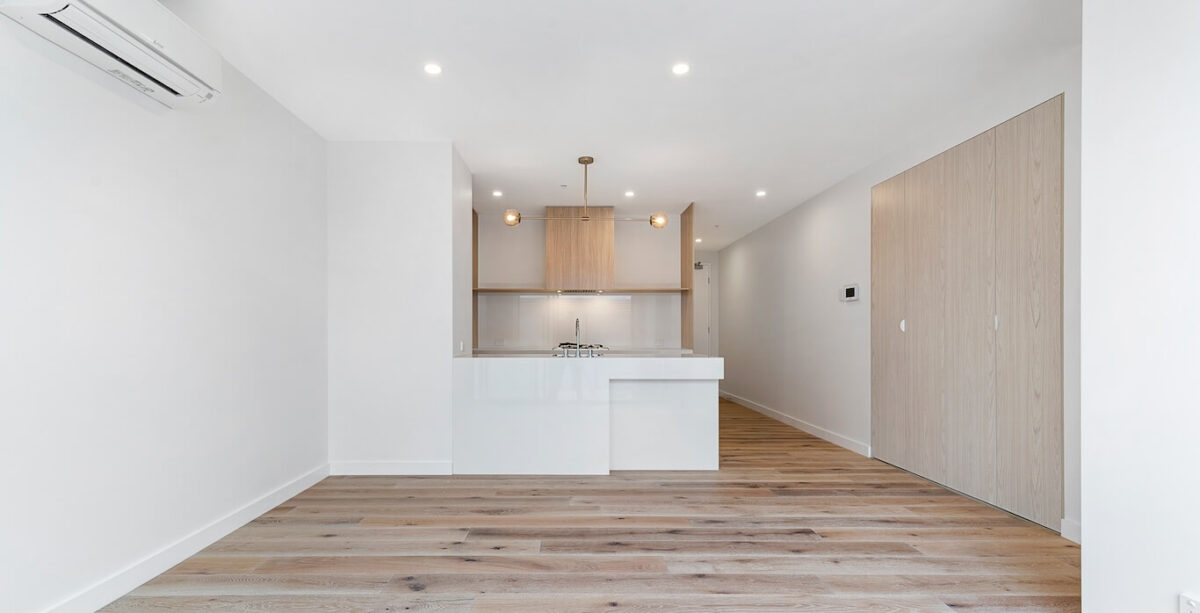You’re all moved into your new apartment. The layout is excellent, the work commute is a breeze, and the kitchen is impressive. But after taking your first shower in your new home, you notice that your skin and hair feel drier than ever! And why did your dishwasher leave a cloudy residue on all your glassware?
If these things sound familiar, your new apartment may have hard water. Learn what “hard water” is, how it stacks up against softer water, and tips for dealing with it in your new space.
What is Hard Water
Hard water is merely a form of H2O with a higher than average mineral content — typically, a larger calcium and magnesium concentration.
Before our drinking water ever makes it to the tap, it comes from lakes, rivers, and other waterways. As it flows, it picks up additional minerals from rocks and soil, and if too much is collected, hard water can form. Although you may want supplemental magnesium and calcium in your overall diet, hard water can cause some complications in your home.
Hard vs. Soft Water
Hard Water
Minerals found in hard water are natural and generally safe to consume. However, there are a few negative concerns associated with hard water in an apartment, too.
- White residue on dishes, shower walls, coffee makers, and other surfaces
- Limescale buildup
- Reduced efficiency of household appliances, plumbing systems, and water heaters
- Lower water pressure
- Damaged and quickly worn clothing due to the harshness of hard water
- Poor soap performance
- Skin irritation from soap scum that can become trapped in your pores
- Drier skin and hair after showering
Due to many of these issues, your utility bills can increase from excess water used to rewash dishes, clothes, and other items, along with buildup in your plumbing systems.
Soft Water
After the long list of issues caused by hard water, it may seem that soft water is the better option. With its better soap performance, contribution to longer-lasting clothing, optimal water pressure, and other benefits, it still has a few faults of its own.
Soft water may have higher sodium levels, leading to a slightly salty taste.
It’s more corrosive and can slowly deteriorate your plumbing system’s useful life, which can cause high lead and copper levels in your drinking water.
How to Tell if You Have Hard Water
If you notice any of the issues listed above for hard water, you may want to test it in other ways as well. Here are a few methods for evaluating the quality of the water in your home:
DIY Soap Test
Test for hard water with a bar of soap and a bowl of water from the tap. Rub the soap between your hands in the bowl. If it lathers quickly, you likely have softer water. If getting a few suds to form proves challenging and the water becomes cloudy, hard water may be the culprit.
Perform a Wet-Strip Test
You can purchase these from many home improvement stores, but make sure the one you buy also tests for hard water. Fill a container from the tap and immerse the paper test strip in the water. Then, compare the strip’s final color with the kit’s chart.
Tips for Dealing With Hard Water
Since you likely won’t have the same access to your overall plumbing system as you would in a house, it may take a little craftiness to deal with the hard water in your home. Try these tips:
- Soften your water by boiling it to remove and evaporate some of the minerals. (Note: This will usually work on temporary hard water only. Permanent hard water has a slightly different chemical makeup).
- Remove hard water stains and limescale with white distilled vinegar. You can also use vinegar as a rinse agent in your dishwasher.
- Get rid of soap scum with commercial products such as Kaboom or a homemade mixture of water, dish soap, and vinegar.
- Install a home water softening system for your faucet. If you have a health condition in which higher sodium levels could prove harmful, try salt-free alternatives.
Whether it’s the water quality or the noisy upstairs neighbors, there are plenty of reasons to want to move on to the next place. Find an apartment that fits your needs and budget with ApartmentSearch, where you can filter available rental properties by price, layout, amenities, and more!



